Directory
- Share
Mohammed Uzair Belgami
- Alumni
- India
- 2018 PhD Social Anthropology
- Trinity Hall
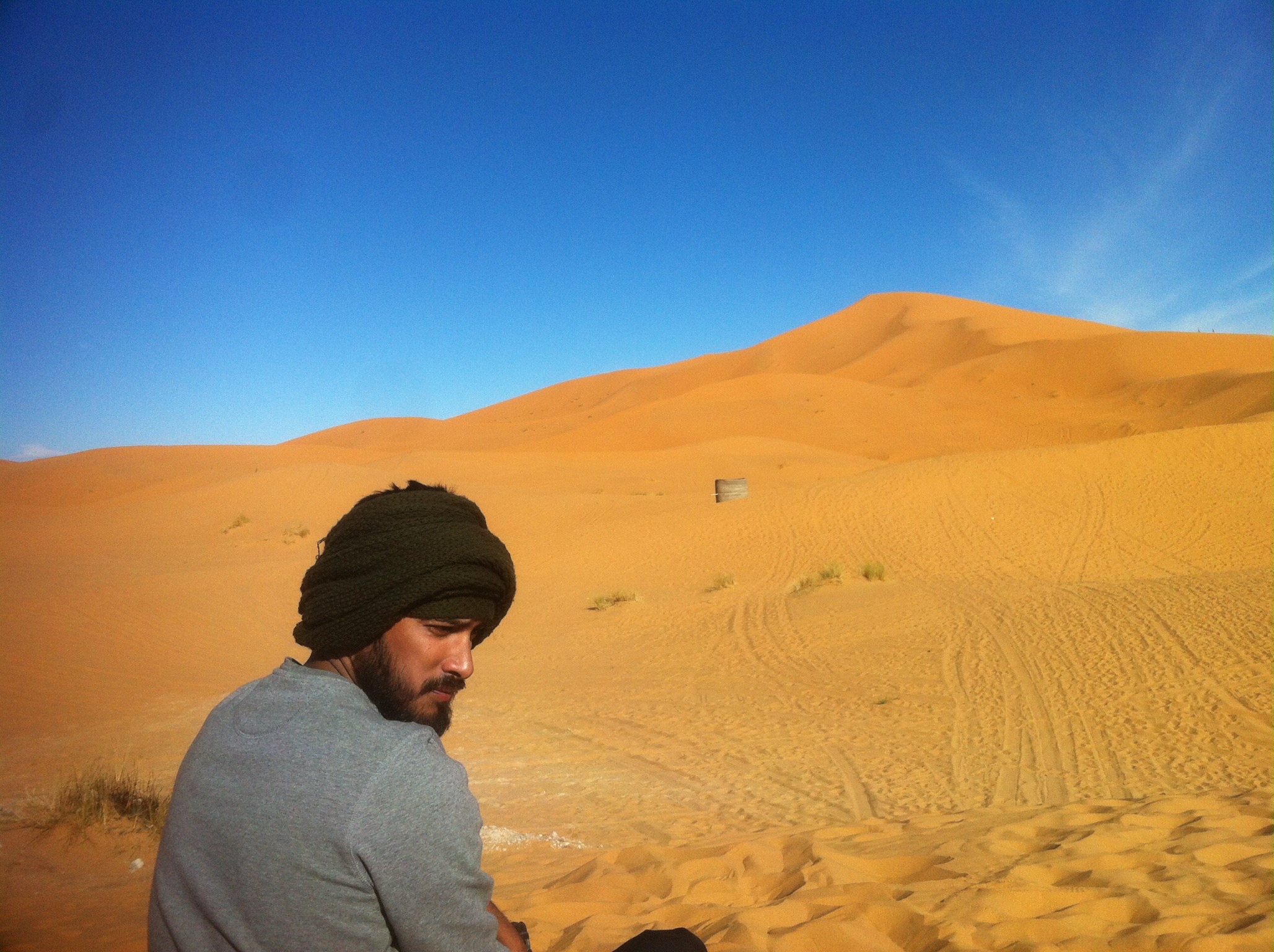
Mohammed Uzair Belgami
- Alumni
- India
- 2018 PhD Social Anthropology
- Trinity Hall
Having grown up in India and the UK, and living in different parts of the world to seek knowledge in subjects from the theoretical and practical sciences, with teachers in the Western and Islamic scholarly traditions, my current doctoral research project is concerned with exploring the constitution of 'ilm and an 'aalim, focusing particularly on bodies and language.
Adriano Bellotti
- Alumni
- United States
- 2017 PhD Engineering
- Darwin College
Adriano Bellotti
- Alumni
- United States
- 2017 PhD Engineering
- Darwin College
As an undergraduate at North Carolina State University, I began to appreciate the pragmatic perspective and mathematical methods of research in biomedical engineering, and I sought to apply this empirical approach to medicine. This lead me to pursue an MD-PhD dual-degree with the University of North Carolina in hopes of leading medical researchers in facilitating the translation of new treatments and technologies into the clinic. I am particularly interested in studying neurophysiology through computational modeling, specifically with regard to neuroplasticity in both a single neuron as well as across neuronal circuits. Gaining a basic mechanistic understanding of neuronal regulation has great implications for understanding and treating various neurological disorders and pathologies. The ideal solution to any illness, especially neurodegenerative diseases, involves input from all applicable fields, including basic science, clinical science, epidemiology, sociology, and psychology, among others. The Gates Cambridge community promotes collaboration across this wide range of disciplines, and I hope to apply my engineering background and clinical experiences to my graduate work and many future projects. With careful consideration of all these viewpoints, we can achieve our ultimate goal of providing the best possible patient care.
Previous Education
North Carolina State University
The University of North Carolina, Chapel Hill
Nadia ben Hassine
- Scholar
- Netherlands
- 2021 PhD Philosophy
- Jesus College

Nadia ben Hassine
- Scholar
- Netherlands
- 2021 PhD Philosophy
- Jesus College
In discussions on practical topics, there is always a great amount of theoretical knowledge embedded in contending positions. Whether we are judging something to be morally wrong or arguing that a policy is unjust, there is an extensive background to our practical perspectives. During my BA in Philosophy at the University of Amsterdam, I developed a strong interest in uncovering and assessing this background. This pointed me in the direction of methodological questions such as: how should we determine the meaning of a concept or, to what extent should theories be informed by practical issues? When the concepts or theories under analysis are social, our answers to such methodological questions greatly impacts our view of practical issues. During my MPhil in Philosophy at Cambridge, for example, I researched whether notions of justice established through abstract theorising can capture why something is unjust. Because of the importance of using a method that can critically assess practical problems, I intend to undertake my doctoral research on the intersection between metaphilosophy and social philosophy, looking at the ability of metaphilosophical views to accommodate critical reflection on historical and political issues.
Previous Education
University of Cambridge Philosophy 2021
University of Amsterdam Philosophy 2020
Nathan Benaich
- Alumni
- Switzerland
- 2010 MPhil Biological Science (Genetics)
- St John's College
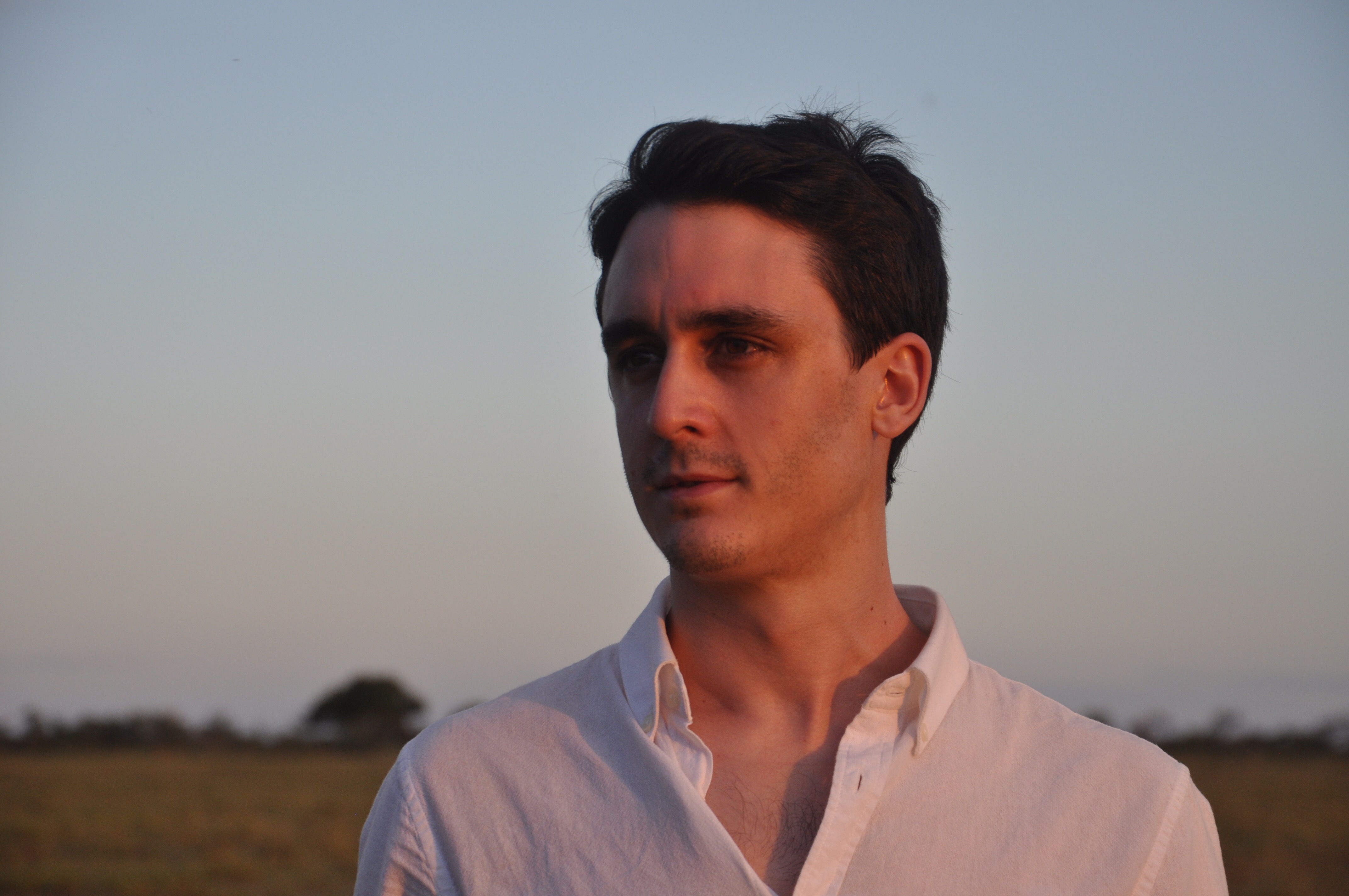
Nathan Benaich
- Alumni
- Switzerland
- 2010 MPhil Biological Science (Genetics)
- St John's College
I'm the Founder and General Partner of Air Street Capital, a venture capital firm investing in AI-first technology and life science companies.
Andreas Bender
- Alumni
- Germany
- 2002 PhD Chemistry
- Darwin College
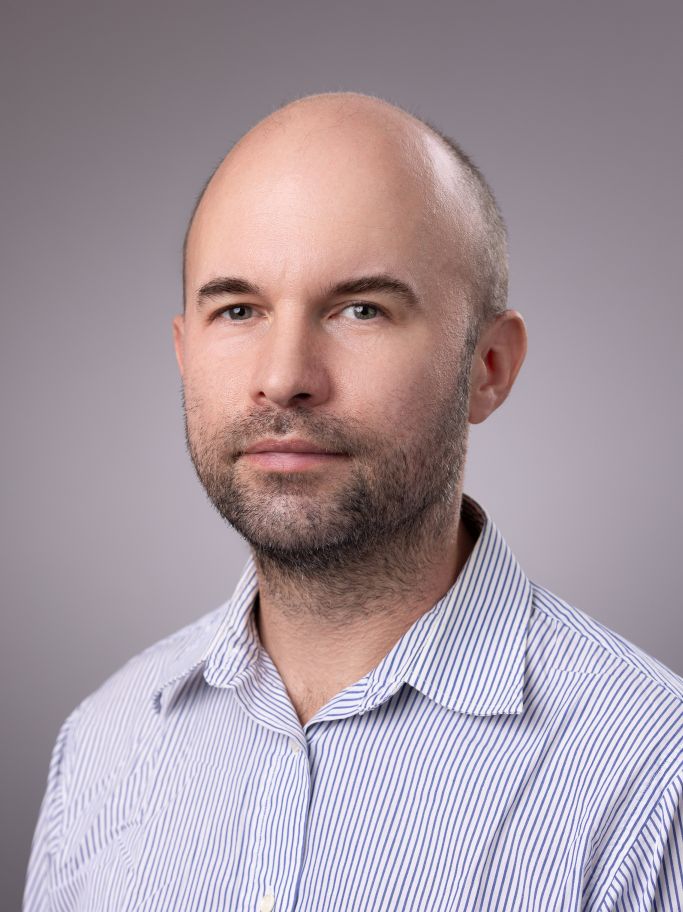
Andreas Bender
- Alumni
- Germany
- 2002 PhD Chemistry
- Darwin College
Computer-aided drug discovery is - potentially - able to shorten the development phase of new drugs and at the same time it reduces the number of animals used for experiments. Being on the borderline between computer algorithms and chemistry it is both exciting and "sensible" work to do and I am looking forward to having an enjoyable and fruitful time in the field.
Links
https://www.andreasbender.de
https://www.linkedin.com/in/andreasbender
Mia Bennett
- Alumni
- United States
- 2012 MPhil Polar Studies
- Fitzwilliam College
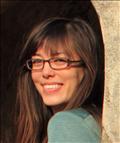
Mia Bennett
- Alumni
- United States
- 2012 MPhil Polar Studies
- Fitzwilliam College
I am an assistant professor in the Department of Geography and School of Modern Languages & Cultures (China Studies Programme) at the University of Hong Kong. Through fieldwork and remote sensing, I research the politics of infrastructure development in frontier spaces, namely the Arctic and areas included within China's Belt and Road Initiative. I also run a blog, Cryopolitics, which provides Arctic news, analysis, and travelogues.
Sean Bennett
- Alumni
- United States
- 2001 MPhil MPhil Musicology
2002 PhD Musicology - Wolfson College

Sean Bennett
- Alumni
- United States
- 2001 MPhil MPhil Musicology
2002 PhD Musicology - Wolfson College
Technological growth optimizing human experience while reducing information access barriers will ultimately lead to a more productive and satisfied world. Not limited to this technological interest, as former Chair of the Gates Scholar Council I have also explored published tenets about cross-cultural organizational behavior and politics, in the hope that creative solutions might emerge which reduce the usual bureaucratic boundaries which preclude the emergence of these technologies.
Lily Bentley
- Alumni
- Australia
- 2017 PhD Zoology
- Corpus Christi College
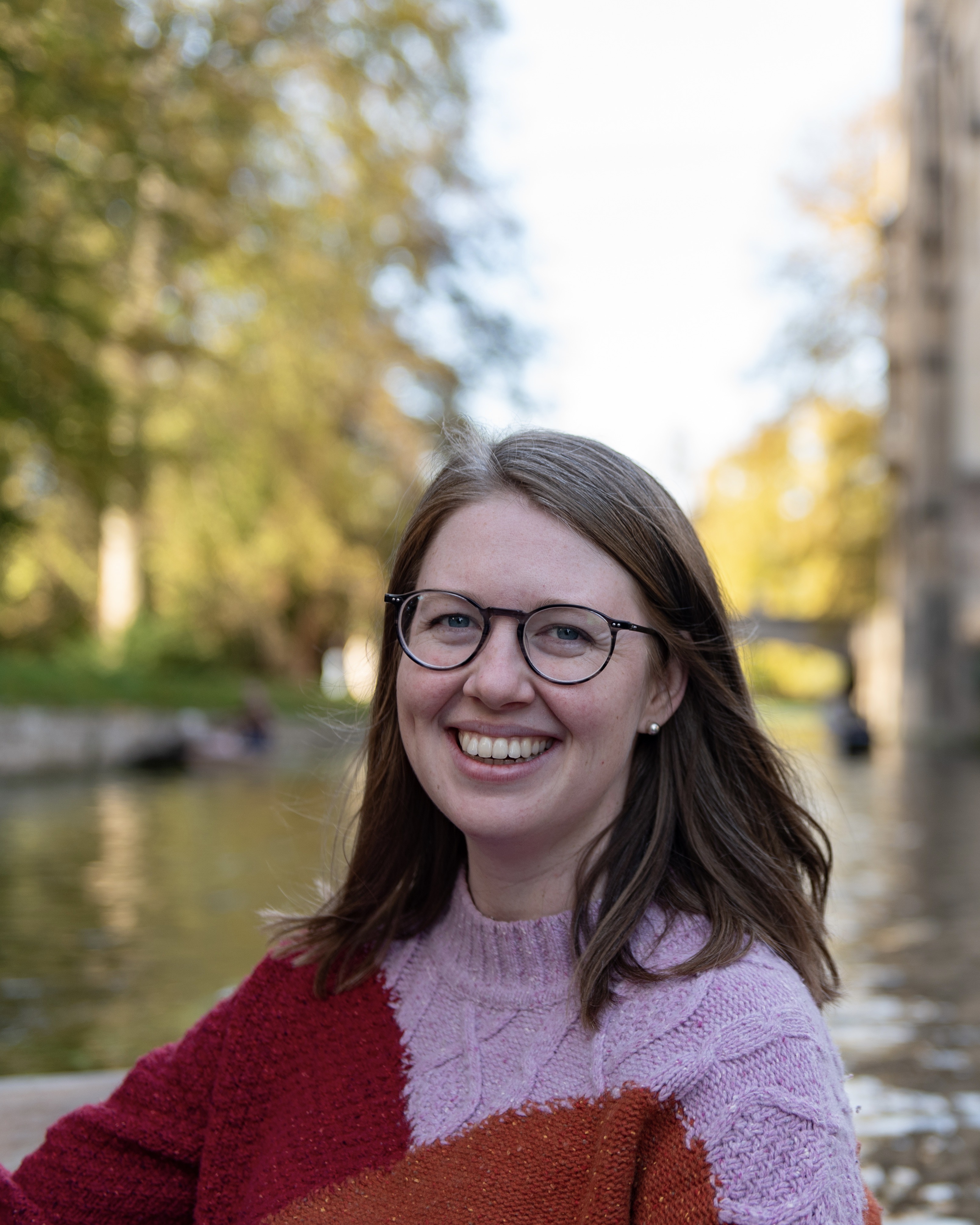
Lily Bentley
- Alumni
- Australia
- 2017 PhD Zoology
- Corpus Christi College
I grew up in Brisbane, Australia, surrounded by incredible areas of biodiversity, and was always asking questions about the animals around me. While working at RSPCA Queensland, I learned that as well as being critical parts of complex ecosystems, animals are individuals with unique personalities that influence how they move through the world. In my Honours study at the University of Queensland, I investigated the movement ecology and thermal physiology of salt water crocodiles, analysing over 9 million data points in R. It was here that I became fascinated by the insight we can obtain from remote monitoring of wildlife, and the challenges and benefits of analysing large, long term data sets. During my PhD in Zoology, I studied how antarctic seabirds use ocean habitat, to better understand polar ecology, to mitigate bycatch, and ultimately conserve these species. In addition to my academic interests, I am passionate about the value of outreach and education in the sciences. I believe that if we can better explain the excitement of scientific research to the wider community, we have a better chance of successfully implementing the policy changes needed to save endangered species and mitigate the effects of climate change. I am currently working as a Postdoctoral Research Fellow at the University of Queensland, developing new network models to understand marine migratory connectivity.
Previous Education
University of Queensland
Erta Beqiri
- Scholar
- Italy, Albania
- 2020 PhD Clinical Neurosciences
- Churchill College

Erta Beqiri
- Scholar
- Italy, Albania
- 2020 PhD Clinical Neurosciences
- Churchill College
Having graduated from the medical school in Padua I just specialized in anaesthesia and intensive care residency at the University of Milan. I see research to be an integral part of my development as a clinician. For this reason I undertook a research placement at the Brain Physics Lab at Cambridge University, where I assumed duties as a local coordinator of the COGiTATE clinical trial. I got involved in several analytical projects on cerebral blood flow autoregulation (CA) monitoring and intracranial pressure waveform analysis for which I have been awarded with a scholarship by CENTER-TBI. A need for personalized medicine is increasingly acknowledged. In particular, individualized management of traumatic brain injury (TBI) based on continuous monitoring of CA has attracted a lot of attention in the neuro-critical care community. My PhD project will aim to improve measurement, understanding and visualisation of the dynamic profile of CA at the bedside, integrated with assessment of its determinants, ultimately facilitating better informed recommendations for individualised management of TBI potentially leading to improvement of outcome in this group of patients.
Previous Education
Universita Degli Studi di Milano Anestesia e rianimazione 2020
University of Padova Medicina e Chirurgia 2013
Paul Bergen
- Alumni
- United States
- 2013 PhD Pathology
- Churchill College
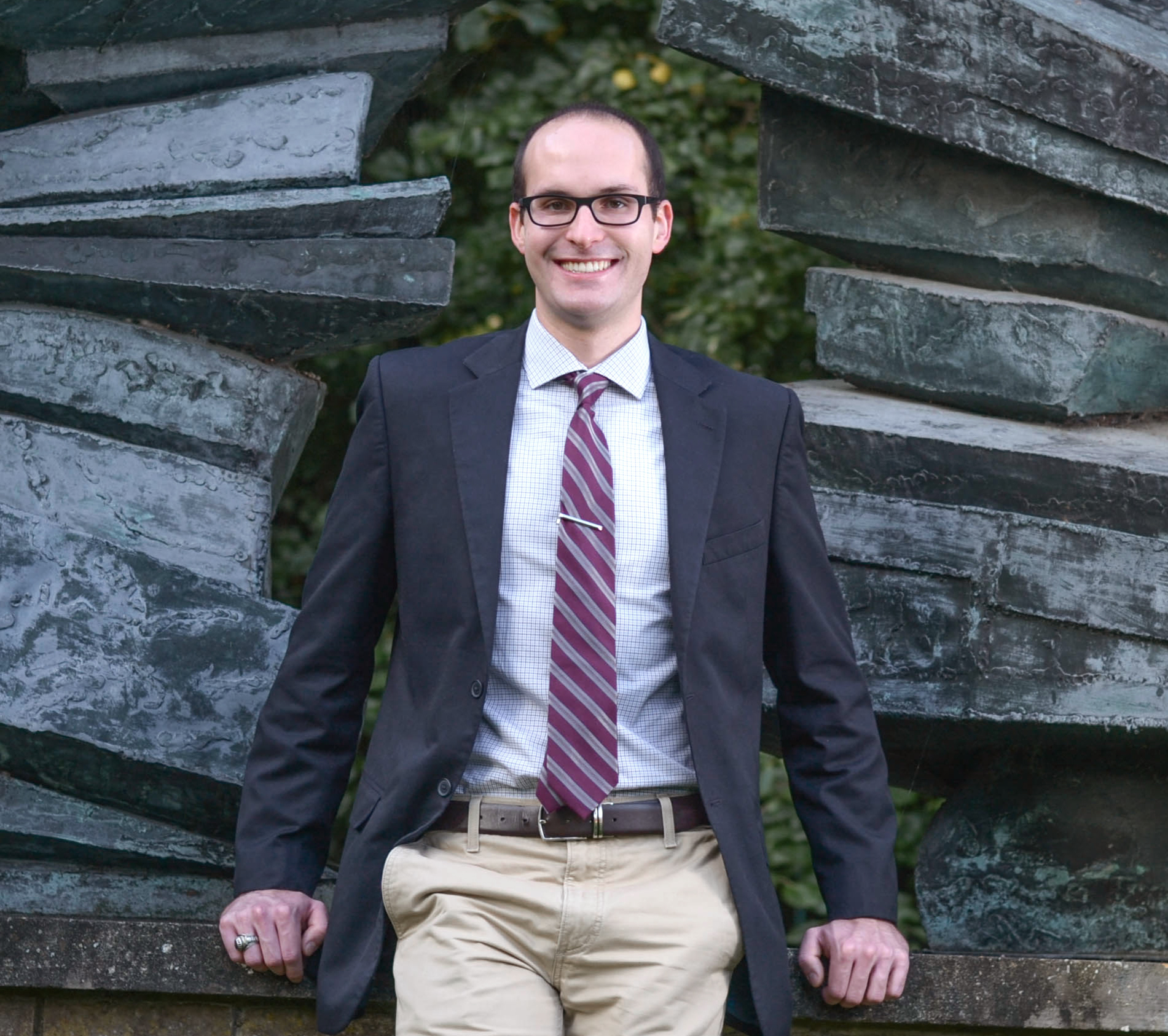
Paul Bergen
- Alumni
- United States
- 2013 PhD Pathology
- Churchill College
I work as a management consultant with a focus on healthcare, mostly in life sciences. My work uses a variety of data sources to understand customer needs and improve my client's efforts toward patient centricity in the products and services they offer. I'm a passionate believer that analytics and human-centered design should inform strategy.
I also am a leader in my firm's internal think-tank, focused on tackling big topics that impact people's healthcare. We leverage a variety of data sources and market research from around to world to study topics in public health, healthcare disruption, digital transformation, and medical development.
Previous Education
Auburn University BS Microbiology/ BA German 2012
Anais-Marie Berkes
- Scholar
- Germany
- 2023 PhD Computer Science
- Jesus College
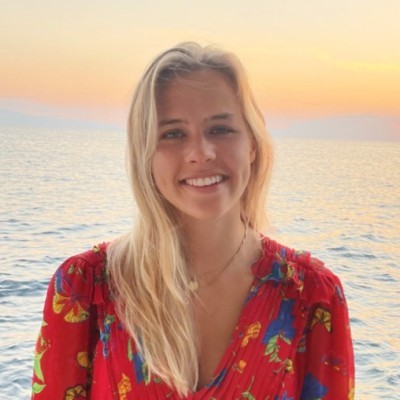
Anais-Marie Berkes
- Scholar
- Germany
- 2023 PhD Computer Science
- Jesus College
“How can AI be used to combat climate change and save the natural world?” I first thought about this as an undergraduate computer science student, conducting research for both ETH Zurich and Cambridge. I studied AI’s role in the transition to clean energy and the adoption of distributed solar production technologies in residential housing.It is my mission to fully leverage the potential applications of AI in the fight against climate change. I will explore how the predictive capabilities, reliability, and multi-variable pattern recognition power of AI can be used to preserve and protect the natural world. My academic focus is informed by my initiatives in sustainable development, notably, employing my ongoing research into the provision of solar energy to schools in Indonesia. As a global ambassador for AI’s potential in environmental protection, I aim to aid economies in their transition into a greener future, actively participate in informing policy-making, and encourage greater cooperation between academia and industry leaders. The possible impacts and applications of my research, and its ability to inspire future generations to fight for a better world, make me incredibly excited to pursue my Ph.D.
Previous Education
Swiss Federal Institute of Technology Computer Science 2023
Adam Berman
- Alumni
- United States
- 2018 PhD Cancer Research UK Cambridge Institute PhD Programme
- Homerton College
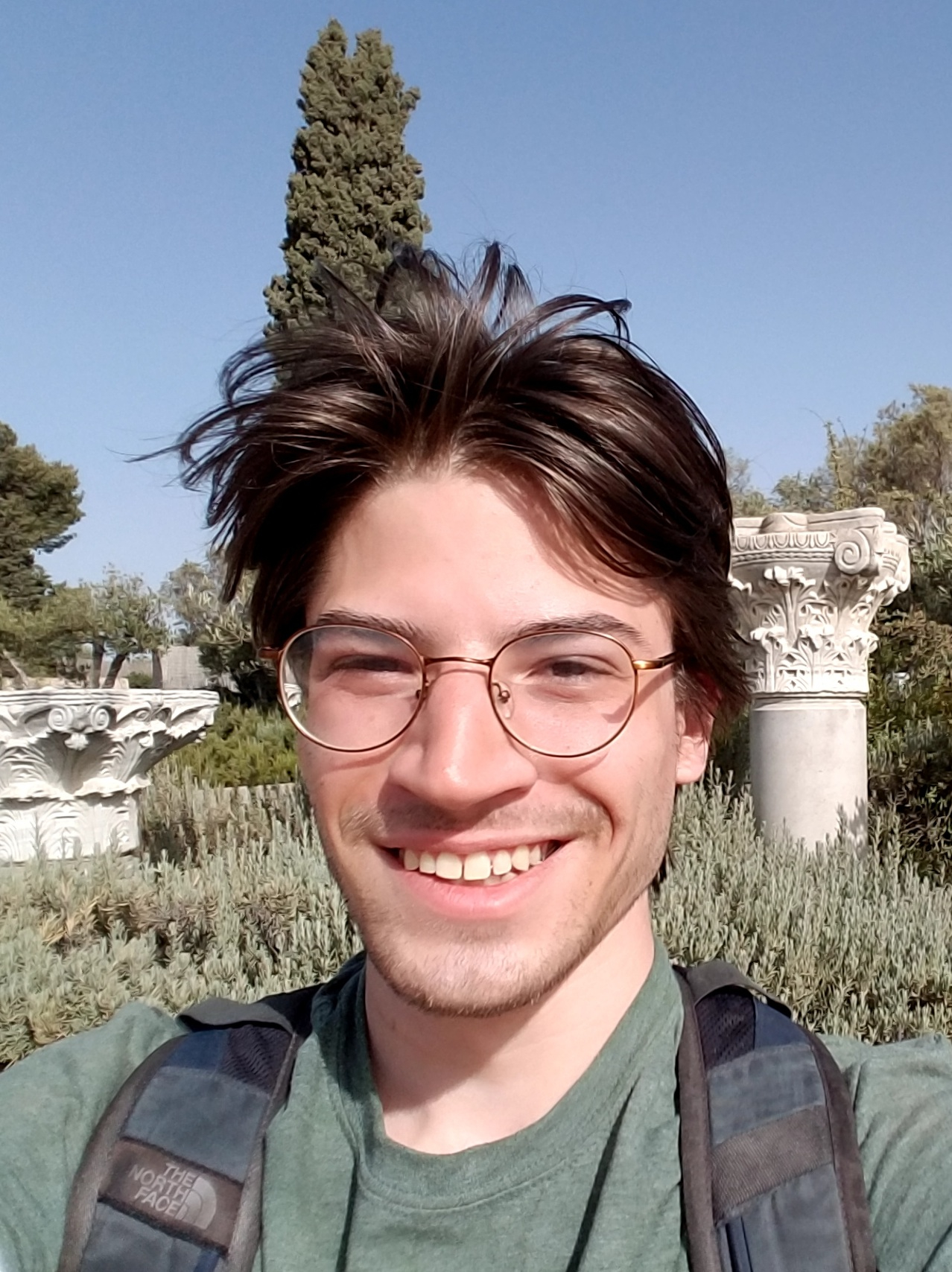
Adam Berman
- Alumni
- United States
- 2018 PhD Cancer Research UK Cambridge Institute PhD Programme
- Homerton College
After growing up in San Antonio, Texas, I undertook my undergraduate studies at Princeton University, where I am completing a degree in computer science. During my studies at Princeton, I discovered computational biology, and began working under Professor Mona Singh. My independent work revolves around constructing a computational pipeline capable of leveraging cancer genomic and transcriptional data to identify metabolites closely associated with breast cancer. These cancer-associated metabolites, or "driver metabolites," could prove key for understanding the metabolic alterations that form a hallmark of cancer development. At the Cancer Research UK Cambridge Institute, I aim to continue my exploration of cancer metabolism and cancer evolution. In particular, I would like to explore structural and network-based models for understanding metabolic pathways important to cancer. These two areas should greatly refine my pipeline, improving its ability to uncover driver metabolites. It is my hope that augmenting our understanding of cancer metabolism and driver metabolites will open up new venues for cancer drug development and treatment.
Previous Education
Princeton University
Bianca Berman
- Scholar-elect
- United States
- 2025 MPhil Sociology
- Pembroke College
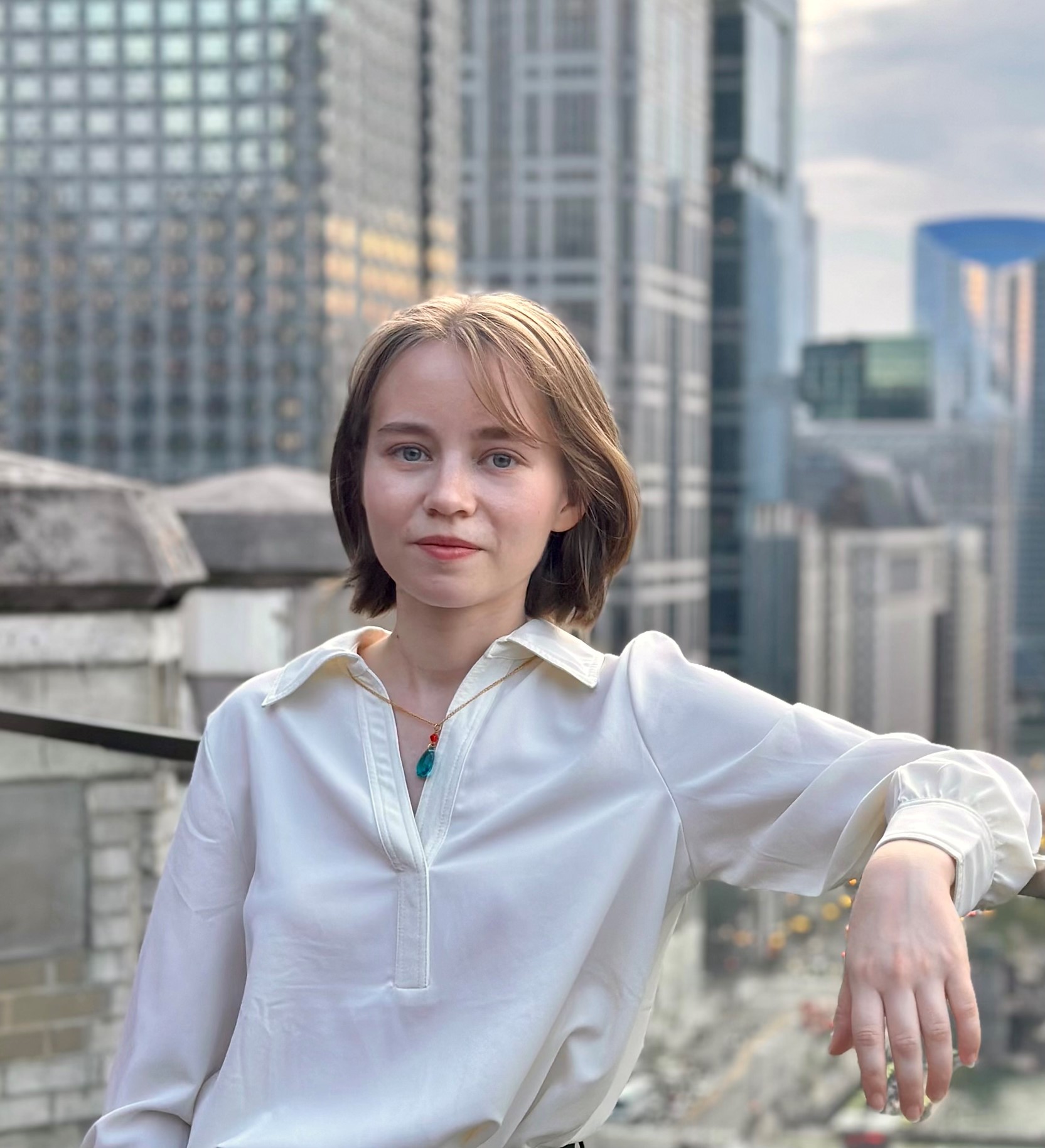
Bianca Berman
- Scholar-elect
- United States
- 2025 MPhil Sociology
- Pembroke College
I attended Georgetown University’s School of Foreign Service, where I completed a Bachelor’s in Foreign Service with a focus in International Politics and an accelerated Master’s in Security Studies. Following graduation, I gained experience in both the non-profit and private sectors researching hate crimes, misinformation and disinformation, and emerging threats to international security. Throughout my academic and professional career, I developed a particular interest in the overlap between sociology, security studies, and media studies, examining the role film can play in shaping audiences’ perceptions of social issues. Through the MPhil in Sociology of Media and Culture at Cambridge University, I aim to investigate instances in which visual media are used to exacerbate social divisions and promote hate against targeted communities, with the long-term goal of identifying strategies to effectively challenge divisive and harmful narratives.
Previous Education
Georgetown University International Politics
Georgetown University Security Studies
Vitor Bernardes Pinheiro
- Alumni
- Brazil
- 2001 PhD Biochemistry
- Churchill College
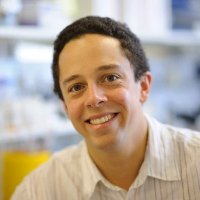
Vitor Bernardes Pinheiro
- Alumni
- Brazil
- 2001 PhD Biochemistry
- Churchill College
I am an Associate Professor at KU Leuven (Belgium) associated to the Faculty of Pharmaceutical and Pharmacological Sciences and the Rega Institute for Medical Research. I am also the Vice-dean for International Affairs for the Faculty.
My group focuses on the development of novel molecular biology tools and in harnessing directed evolution approaches to study and create novel biological systems. Previously, I worked at the MRC Laboratory of Molecular Biology in Cambridge, first as a Career Development Fellow (2006-2009) and later promoted to Investigator Scientist (2009-2013). Throughout that period, I worked with Dr. Phillip Holliger on the directed evolution of DNA polymerases and synthetic nucleic acids. I did my PhD in the Biochemistry Department at the University of Cambridge working with Professor David Ellar on the molecular evolution of Yersinia pestis (2001 – 2006) following my undergraduate training at the University of Cambridge in Natural Sciences (Biochemistry; 1997 – 2001).
Links
https://pinheirolab.com
https://www.linkedin.com/in/vitorpinheiro
Alexander Bernhardt
- Alumni
- United States
- 2002 MPhil MPhil Management Studies
2003 PhD Management Studies - Darwin College

Alexander Bernhardt
- Alumni
- United States
- 2002 MPhil MPhil Management Studies
2003 PhD Management Studies - Darwin College
Aaron Bernstein
- Alumni
- United States, Canada
- 2019 PhD Public Health and Primary Care
- Darwin College
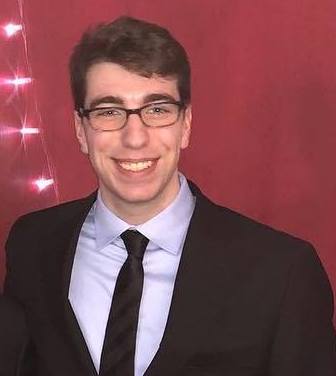
Aaron Bernstein
- Alumni
- United States, Canada
- 2019 PhD Public Health and Primary Care
- Darwin College
Oncology research has always been a passion of mine. Throughout my undergraduate study at Penn State, I made a point of exploring the full spectrum of biomedical research, from basic gene regulation work to clinical studies of chemotherapeutic toxicity. While I began in wet-bench basic and translational science, intending to work as close to the fundamental mechanisms of cancer as possible, I ultimately found that I preferred the research methodology and the universal applicability of epidemiology and biostatistics. To me, cancer risk prediction and risk stratification is the ideal fusion of genetics, clinical significance, and statistical methodology, allowing me to utilize my broad skillset to assist patients through cancer prevention, when interventions are by far the most effective. My ultimate goal is to become a physician-scientist with a specialty in oncology and a research focus on cancer epidemiology. To me, a PhD in Cambridge’s Department of Public Health and Primary Care is the perfect complement to my medical ambitions, allowing me to integrate my research directly into the clinic and help inform patient treatment around the world.
Previous Education
University of Cambridge Epidemiology 2019
Pennsylvania State University Pre-Medicine 2018
Rebecca Berrens
- Alumni
- Germany
- 2012 PhD Biological Science
- Trinity College

Rebecca Berrens
- Alumni
- Germany
- 2012 PhD Biological Science
- Trinity College
My name is Rebecca Berrens and I am a molecular biologist studying the role of transposable elements in early mammalian development. I did my undergraduate at the University of Heidelberg. I did my Bachelor thesis at EMBL in the lab of Matthias Hentze and studied miRNAs and was fascinated by the function of these small RNAs in the cell. I then did my Master's at CSHL in Greg Hannon's lab and learned the first time that in our genome there are transposable elements which can jump in the genome. During my PhD in Wolf Reiks lab at the Babraham institute in Cambridge I studied how the genome controls transposable elements by epigenetic modifications in early development. Now as a postdoc at CRUK-CI I am studying how transposable element expression controls gene expression during cell fate decision. This study will help to unravel the intricate relationship between the selfish jumping genes and our genome.
Anne Berry
- Alumni
- United States
- 2001 MPhil Economics
- Wolfson College
Anne Berry
- Alumni
- United States
- 2001 MPhil Economics
- Wolfson College
After leaving Cambridge, I went to Washington DC to work at the Council of Economic Advisers at the White House, where I worked as a staff economist, and then economist.








